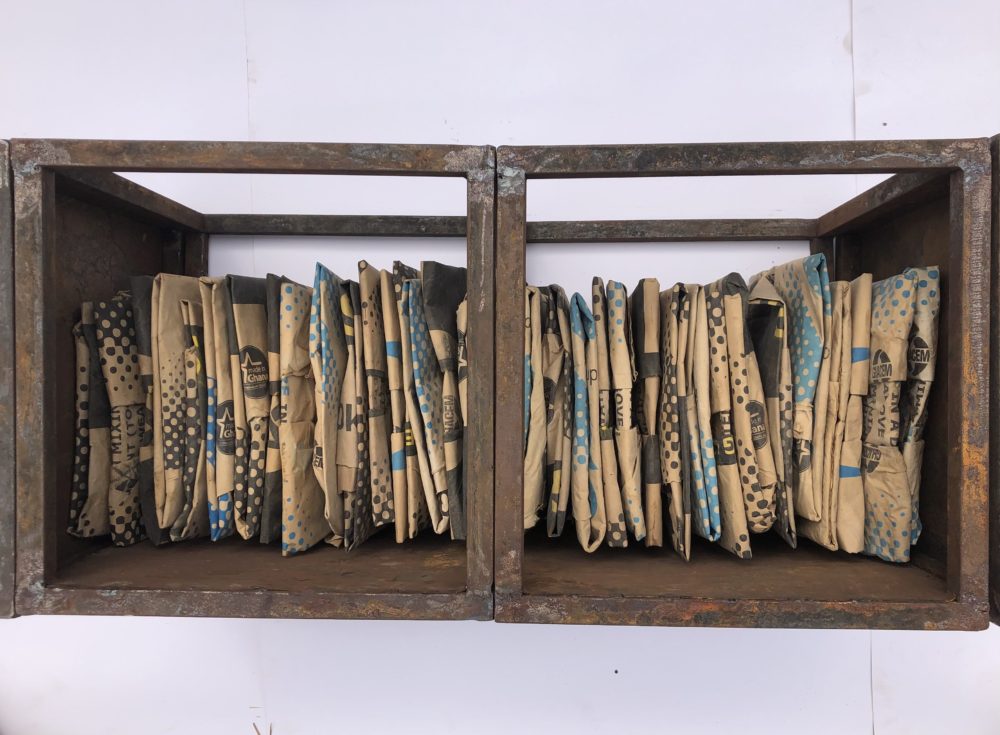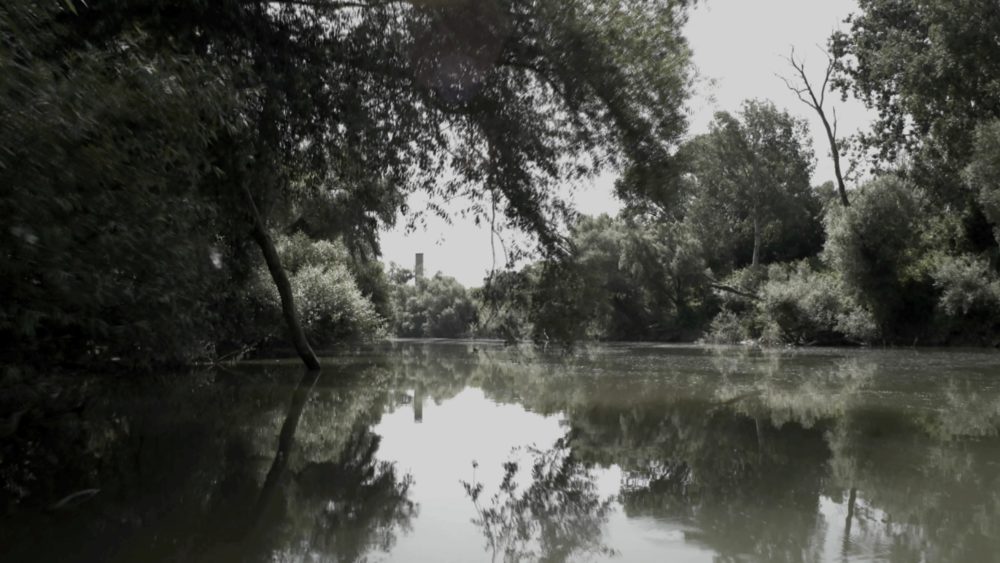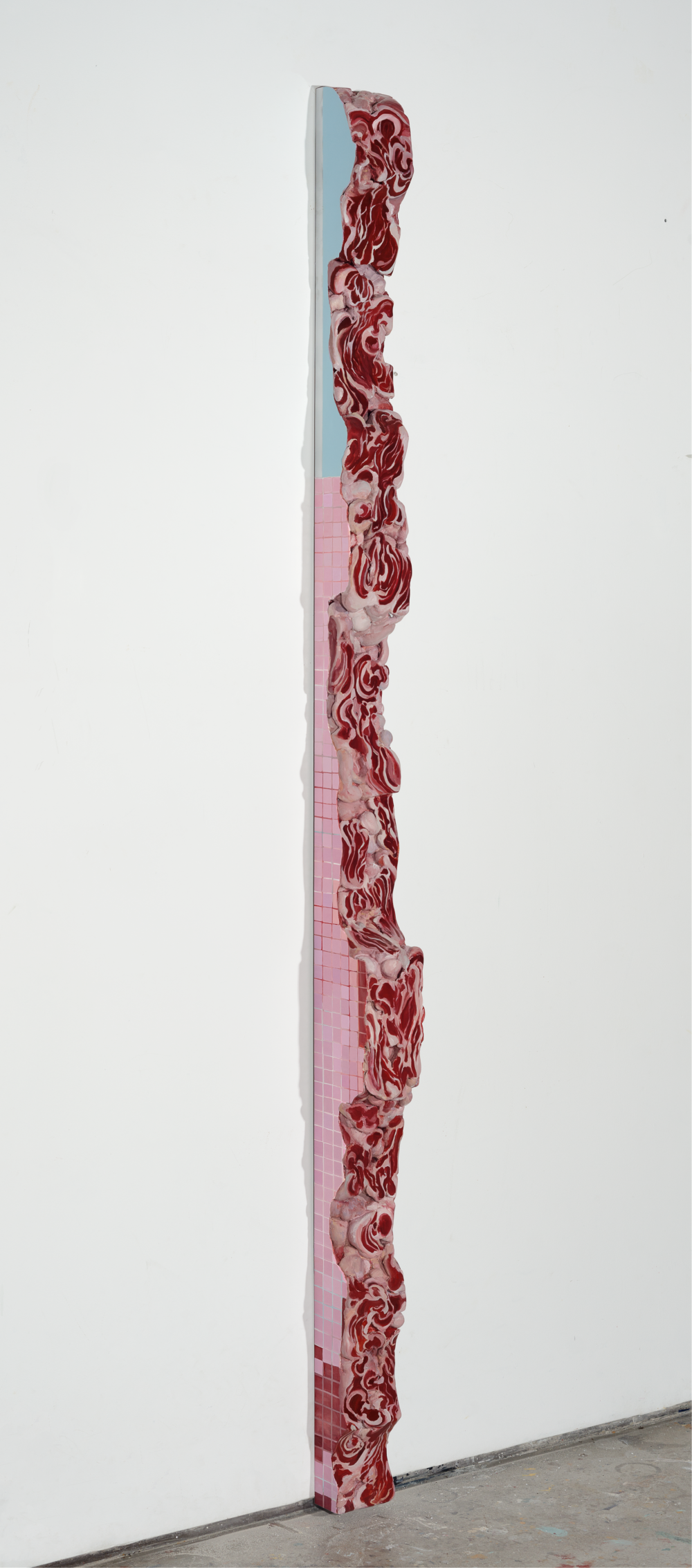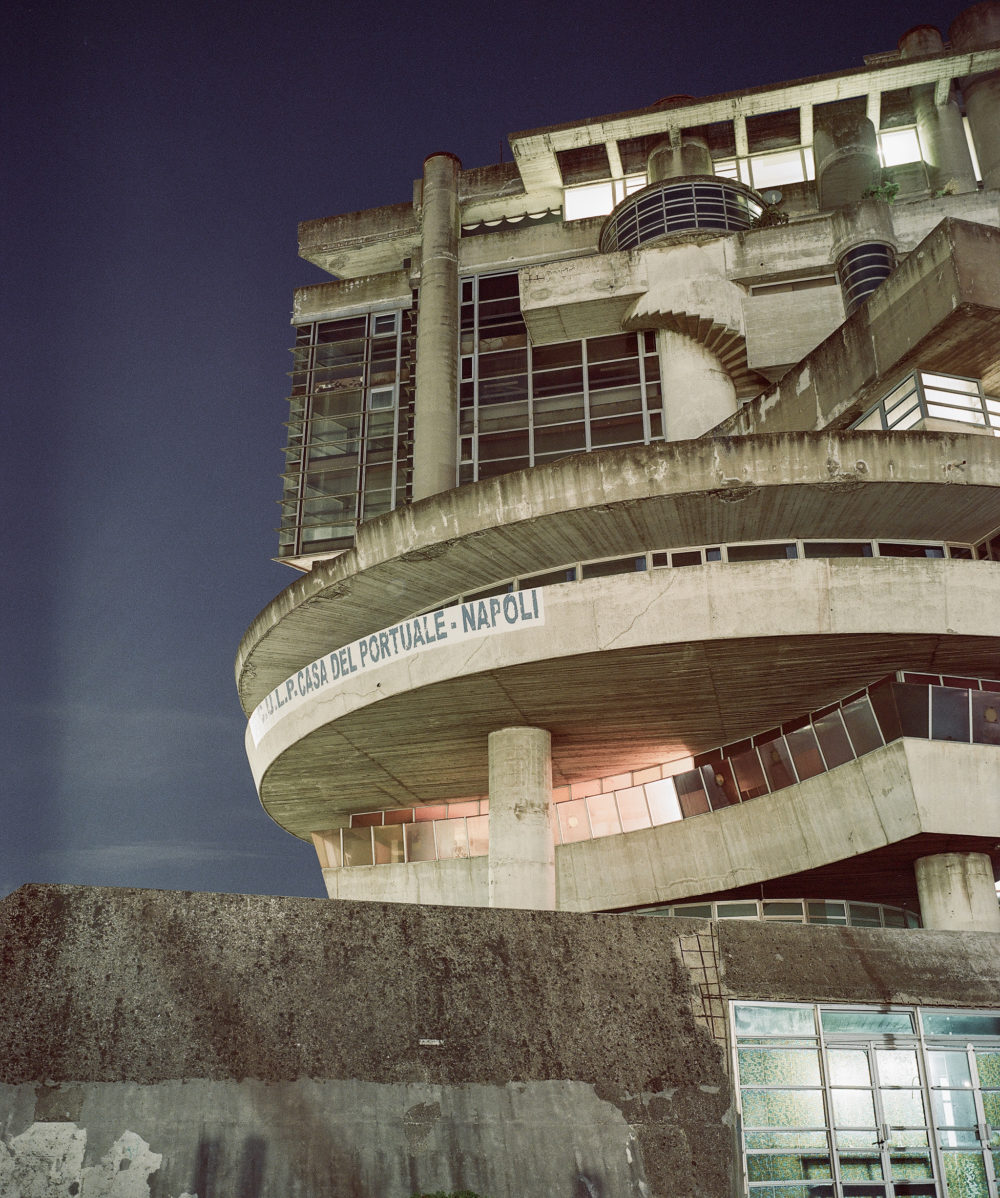Raffaela Mariniello’s film ‘ZioRiz’ will be screened for the first time in Naples on the occasion of the opening of ‘Spettri: palinsesti della memoria’, on…

Exhibition
Spectres: palimpsests of memory
Curated by Kathryn Weir
05.10 — 20.11.2022
Opening
Wednesday, October 5 | 5 p.m.
Spectres: palimpsests of memory presents to the public for the first time at the Madre museum a selection of the latest works to become part of the collection together with others that have not before been exhibited. The thematic approach makes it possible to offer new insights and create frameworks that renew understandings of the permanent collection. The works that make up the exhibition – by artists of different generations and backgrounds – are brought together by their various engagements with the spectres that haunt the lived environment. These works, inhabited by erased or suppressed stories, become a means to make visible what is poised between presence and absence, past and future. Using elementary materials – water, earth, metal, light, stone – and archetypes of experience – home, family, street, work, sacred place, music, nature – the artists in the exhibition interrogate the relationship between traces of individual and shared experiences. The narration of the significance of an experience makes hidden layers visible, and asks what ghosts must be invoked or redeemed to better understand their purchase on the present.
The works include acquisitions acquired with the support of the Campania Region (POC funds – COMPLEMENTARY OPERATIONAL PROGRAMME 20-21), donations from artists and productions supported by the Italian Council, promoted by the General Directorate for Contemporary Creativity of the Ministry of Culture. Ibrahim Mahama’s work won the public notice PAC2020 – Plan for Contemporary Art promoted by the General Directorate for Contemporary Creativity of the Ministry of Culture.
In Shakespeare’s The Tragedy of Hamlet, Prince of Denmark, Hamlet’s friend Horatio implores the wandering ghost to speak, but it is only when alone with Hamlet on the fortifications of Elsinore Castle that it finally proclaims:
‘I am thy father’s spirit;
Doom’d for a certain term to walk the night,
And for the day confin’d to fast in fires,
Till the foul, crimes done in my days of nature Are burnt and purged away.
But that I am forbid
To tell the secrets of my prison-house […]’1
In discussing these passages, philosopher Jacques Derrida underlines how history and life as such are always already haunted by ghosts and that to look over the future it is necessary to begin again, in memory, this time, of that ‘impure impure history of ghosts’. The ‘intellectual’ of tomorrow – or here we could say the artist – ‘should learn to live by learning not how to make conversation with the ghost but how to talk with him, with her, how to let them speak or how to give them back speech, even if it is in oneself, in the other, in the other in oneself: they are always there, spectres, even if they do not exist, even if they are no longer, even if they are not yet’. 2
Artists:
Betty Bee (Napoli, 1963); Gregorio Botta (Napoli, 1953); Rä di Martino (Roma, 1975); Lino Fiorito (Ferrara, 1955); Ann Veronica Janssens (Folkestone, Regno Unito, 1956); Ibrahim Mahama (Tamale, Ghana, 1987); Raffaela Mariniello (Napoli, 1962); Raffaela Naldi Rossano (Napoli, 1990); Gloria Pastore (Napoli, 1946); Elisa Sighicelli (Torino, 1968); Gian Maria Tosatti (Roma, 1980)
Spectres: palimpsests of memory opens with the first public screening in Naples of Raffaela Mariniello’s film ‘ZioRiz’, which also enters the museums collection. The film was produced by Teatri Uniti with Casa del Contemporaneo with the contribution of Regione Campania and Film Commission Regione Campania, in collaboration with Museo Madre, Studio Trisorio and Zona Rosa.


